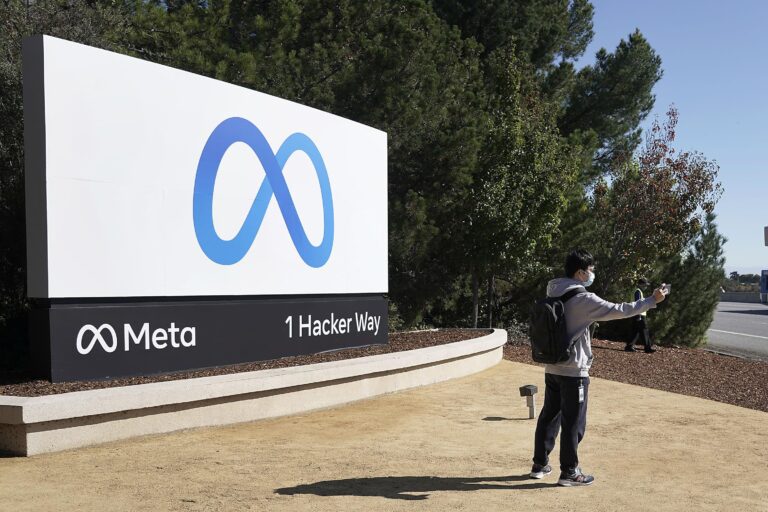Google is trying to stop others from writing Android code.
- I think that Google’s latest blogs and changes to some of its programs clearly point to increasing efforts to take greater control of the Android code and its distribution.
- I have long identified Google’s failure to control the code on the devices that run its ecosystem and its inability to distribute updates as the biggest risks to Google’s revenue growth.
- RFM research indicates that almost all of Google’s growth over the next 2-3 years will be coming from mobile advertising revenues on Android devices.
- I think that this is at risk should the current state of affairs persist.
- Google has published a blog (see here) that details a week long attempt to hack the Samsung Galaxy s6 Edge that resulted in the discovery of 11 vulnerabilities.
- These included the ability to access contacts, photos, geolocation and other personal data as well as the ability to remote wipe the device.
- These vulnerabilities were almost entirely due to software added by Samsung on top of that supplied by Google.
- The team also went so far as to explicitly state that software added by handset makers is a real security issue as they typically add software at all levels of the device including the most secure and privileged APIs.
- When it comes to software, Samsung is one of the better handset makers, sending a clear signal that Google thinks that devices from other handset vendors are likely to be much more vulnerable.
- Samsung did quickly manage to plug most of the vulnerabilities but the message to users is clear: software from handset makers puts the user at risk.
- At the same time Google is about to relaunch its Android One program with certain adjustments to make it more palatable to handset vendors.
- The previous program was very prescriptive in terms of the hardware that could be used and this time around more choice will be given.
- This should help handset makers meet lower price points but there will still be no flexibility for them to add software control updates.
- The real problem with this program, and pretty much all reference designs that have preceded it, remains that handset vendors have no ability to differentiate at all.
- Consequently, they have little incentive to make the devices as they are a platform for Google’s ecosystem and nothing more.
- If Google can somehow make this program palatable to handset vendors then it will give it scope to solve the two most pressing problems that it is facing in Android (see above).
Take Home Message
- The conclusion from these two moves can only be that Google is trying to discourage anyone other than Google from writing code that goes on Android handsets.
- RFM research has indicated that complete control of the code and the ability to update and distribute it is a requirement for Google to fix the most pressing problems with its ecosystem.
- Furthermore, RFM has recently detected a weakening of Google’s grip on Android which if not checked could lead to falling mobile advertising revenues from Android.
- Seeing that it is these revenues that RFM believes are essential for growth, the potential impact on the share price is obvious.
- RFM’s forecasts currently assume that all remains well with Google’s revenue generation from Android and this gives only gives fair value based on where the shares are today.
- With plenty of downside and little upside, I think it is time to look elsewhere.
- Microsoft and Samsung in the short-term and Facebook in the long-term are places I would consider.









Blog Comments
Jarno
November 6, 2015 at 1:16 pm
This is very logical step for Google. However the consequence is that there is less and less incentive to invest into Android handsets (lower margins, less innovation) and those will face the same commodity fate as PCs. This will leave Apple as the only choice for those who want and can afford and Android will serve the rest of consumers. This future has partially played out already, but Google’s actions accelerate its coming. It looks all warm and cozy for the Google right now, but the future its actions paint is not that rosy – an ecosystem for not-haves, an ecosystem for those lacking a choice rather than the ecosystem of choice.
Maybe then Google borrows a chapter from Microsoft’s Surface playbook and co-develops innovative handset line with a selected vendor. But developing leading edge handsets is very expensive.
Counterargument is that the innovation has moved away from HW towards SW and service. But I do not see it that black and white.